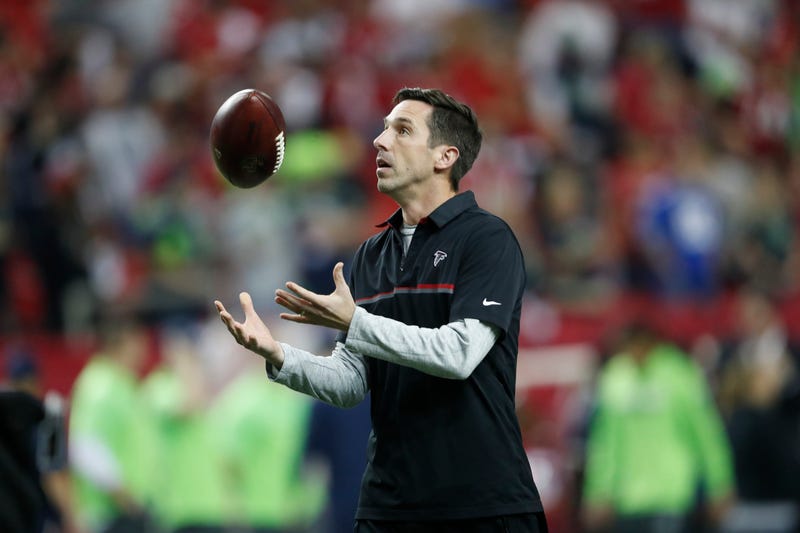
Certainly, one of the silliest stories of Super Bowl week involves Kyle Shanahan’s backpack.
Earlier this week, the Falcons’ offensive coordinator briefly lost his backpack, containing the Falcons’ game plan for Super Bowl 51 against the Patriots. It turns out San Francisco Examiner columnist Art Spander had accidentally picked up the wrong backpack. Spader returned it to Shanahan, and all is well.
But it got me thinking.
And it led me to a poll on Twitter:
Sports journalists: If you found a super bowl team's game plan in a backpack would you ...
— Brian Moritz (@bpmoritz) January 31, 2017
This issue — what would you do? — was addressed on PTI on Tuesday:
Wilbon: (Spander’s) gonna hand the backpack back to the proper person. What gets me is it could have been a big deal because about 70 percent of the people in our business now would have posted something about it, on Instagram, Twitter, something Art Spander has zero chance ending.
Kornheiser: What would you have done if you found this thing?
Wilbon: I would have called the Atlanta Falcons executive that I know personally, and I would have said ‘Hey, I got your coaches backpack.’ I would not have reported it to anybody. I would not have told anyone. I wouldn’t have looked at it.
Kornheiser: That’s interesting. I would have called the league because it could be awkward calling the team, there could be some suspicions calling the team.
I asked my sports writing students about it, and most of them agreed that the right move would be to return it to the team. Which seems fair.
But it got me thinking.
What if this wasn’t sports journalism? What if it was news journalism? What if it wasn’t the Falcons’ game plan but, instead, a collection of all of the Trump administration’s proposed policy memos for the first 90 days of his presidency.
Would you publish it then? Would it be so cut-and-dried for veteran reporters to return it, sight unseen, all happy like? Would the public be understanding of this, or would people be outraged?
Now, clearly, this is apples and desk lamps. One is a collection of policy memos that would have a direct effect on people’s lives. The other is a collection of plays for a football game. The stakes are way different.
But on at least some level, this demonstrates the difference between sports journalism and news journalism. The default, as expressed in the Twitter poll, on PTI and in my class, is to be between respectful and deferential to the team. It’s not a critique of sports journalism, though I’m sure it sounds like one. But as Michael Schudson has pointed out, there is historically no more symbiotic relationship in media as there is between sports teams and sports reporters. We need each other. On the news side, the adversarial nature of the media-government relationship is codified, both legally and professionally. This isn’t to say that sports journalism isn’t good or serious. It’s just pointing out the defaults in the relationships between sources and reporters and how those defaults influence what is and is not reported.
Like I said, it got me thinking is all.
